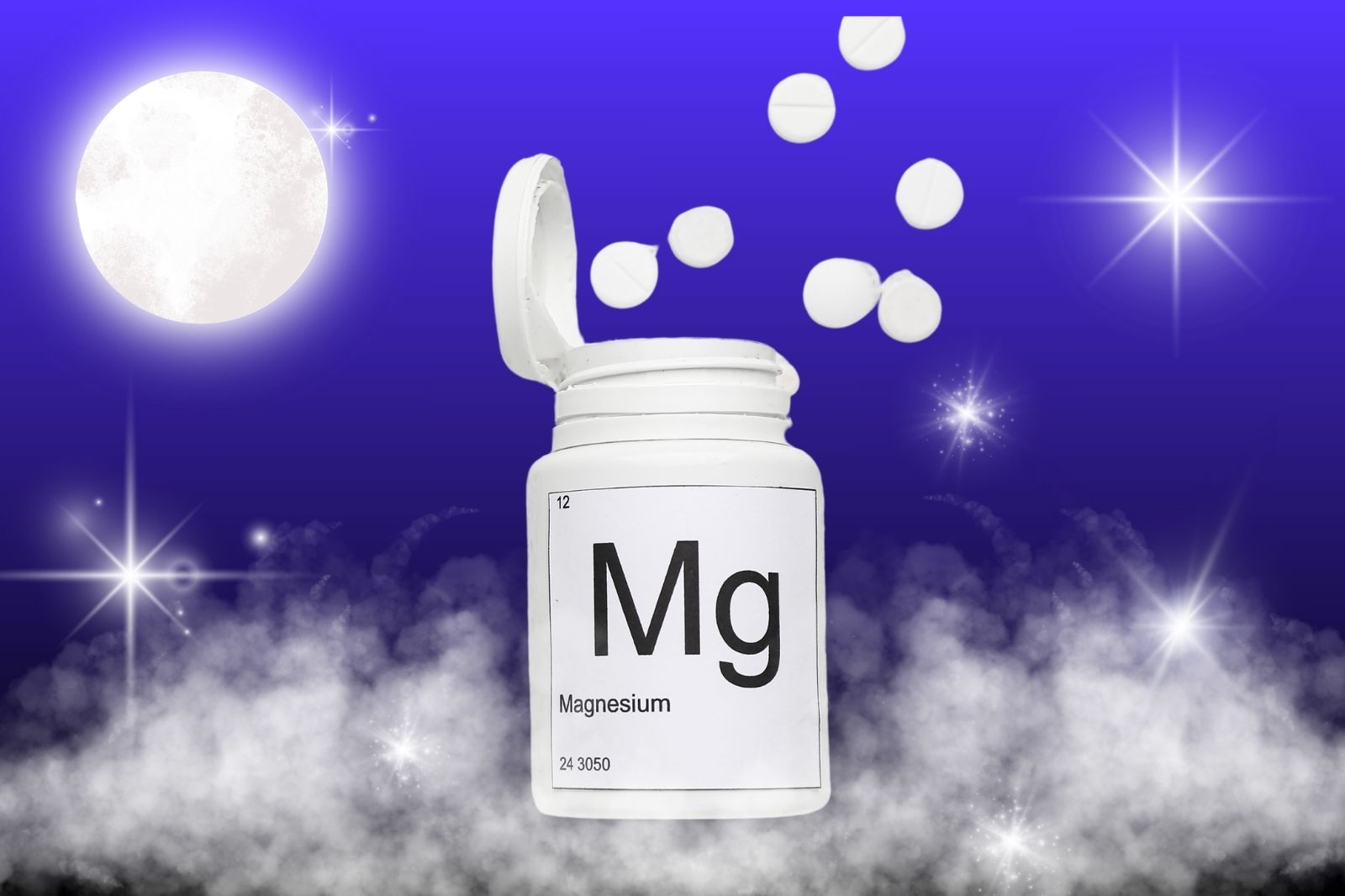Is Magnesium Good for Sleep?

Magnesium is an essential mineral for our bodies. It supports numerous bodily functions and is often touted as a natural solution to improve sleep quality. But how exactly does magnesium impact sleep, and is it truly effective? Get more info on the science behind magnesium and its role in sleep health.
Understanding Magnesium’s Role in the Body
Magnesium is a crucial mineral involved in over 300 biochemical reactions in the body. It plays a key role in regulating muscle and nerve function, blood sugar levels, and blood pressure. Additionally, magnesium is essential for the synthesis of protein, bone development, and DNA production. Given its involvement in these fundamental processes, it’s not surprising that magnesium also affects sleep.
How Magnesium Affects Sleep
- Regulation of Sleep Hormones: Magnesium helps regulate the production of melatonin, a hormone that controls the sleep-wake cycle. By promoting the synthesis and release of melatonin, magnesium can help signal your body that it’s time to prepare for sleep.
- Relaxation of the Nervous System: Magnesium is known for its calming effects on the nervous system. It helps regulate neurotransmitters like gamma-aminobutyric acid (GABA), which plays a role in promoting relaxation and reducing anxiety. By supporting GABA function, magnesium can help ease the mind and body.
- Muscle Relaxation: One of magnesium’s key functions is to regulate muscle contractions. Low magnesium levels can lead to muscle cramps and restless leg syndrome. By ensuring adequate magnesium intake, you may reduce muscle tension and cramps, leading to a more comfortable and uninterrupted sleep.
- Reduction of Stress and Anxiety: Chronic stress and anxiety are common culprits of poor sleep. Magnesium has been shown to help manage stress and anxiety levels.
Scientific Evidence Supporting Magnesium and Sleep
Several studies have explored the relationship between magnesium and sleep quality:
- Improved Sleep Quality in Older Adults: Research published in 2012 in the National Library of Medicine found that magnesium supplements improved sleep quality in older adults. Participants who took magnesium experienced longer sleep duration, fewer nighttime awakenings, and better sleep efficiency compared to those who did not take supplements.
- Effects on Insomnia: Another study from the National Library of Medicine found that magnesium-L-threonate, an easily absorbable form of magnesium, improved the sleep quality and daytime function of adults who had sleeping problems.
- Sleep Disorders: Research suggests that magnesium supplements may help people with restless leg syndrome, insomnia, and other sleep disorders.
How to Incorporate Magnesium for Better Sleep
If you’re considering adding magnesium to your routine to enhance sleep, here are some practical tips:
- Dietary Sources: Incorporate magnesium-rich foods into your diet. Foods high in magnesium include leafy green vegetables (like spinach and kale), nuts and seeds (such as almonds and pumpkin seeds), whole grains, legumes, and fatty fish (like salmon). A balanced diet can help maintain adequate magnesium levels naturally.
- Magnesium Supplements: Magnesium citrate, magnesium glycinate, and magnesium chloride are commonly found in magnesium supplements due to their high bioavailability. Some individuals find it helpful to add to sleepy mocktail recipes. It’s important to follow dosage recommendations and consult with a healthcare provider before starting any new supplement regimen.
- Topical Applications: Magnesium can also be applied topically through magnesium oils or Epsom salt baths. Perfect to put in bathtubs or simple footbaths, magnesium absorbed through the skin may provide localized relief from muscle tension or stress.
- Lifestyle Integration: Combine magnesium intake with other sleep-promoting practices. Maintaining a consistent sleep schedule, creating a relaxing bedtime routine, and limiting exposure to screens before bed can enhance the benefits of magnesium and contribute to overall sleep quality.
Side Effects and Considerations
While magnesium is generally safe for most people, it’s important to be aware of potential side effects. Excessive magnesium intake can lead to digestive issues, such as diarrhea or nausea. People with certain medical conditions or those taking specific medications should consult their healthcare provider before starting magnesium supplements.
Conclusion
Magnesium plays a significant role in promoting relaxation and supporting various bodily functions. Its ability to regulate sleep hormones, relax the nervous system, and reduce muscle tension makes it a valuable supplement for those struggling with sleep issues. By incorporating more magnesium into your diet along with practicing good sleep hygiene, you can improve your overall sleep quality.
Why Trust Us?
At The Sleeping Institute, we're dedicated to transparency, impartiality, and accuracy in every article we publish. Our reviews are based on comprehensive analysis and firsthand experience. Staying current with the latest advancements in sleep technology, we offer up-to-date, reliable, and unbiased information to help you make informed decisions for a better night's rest. Let us be your trusted guide in the ever-evolving world of sleep technology!